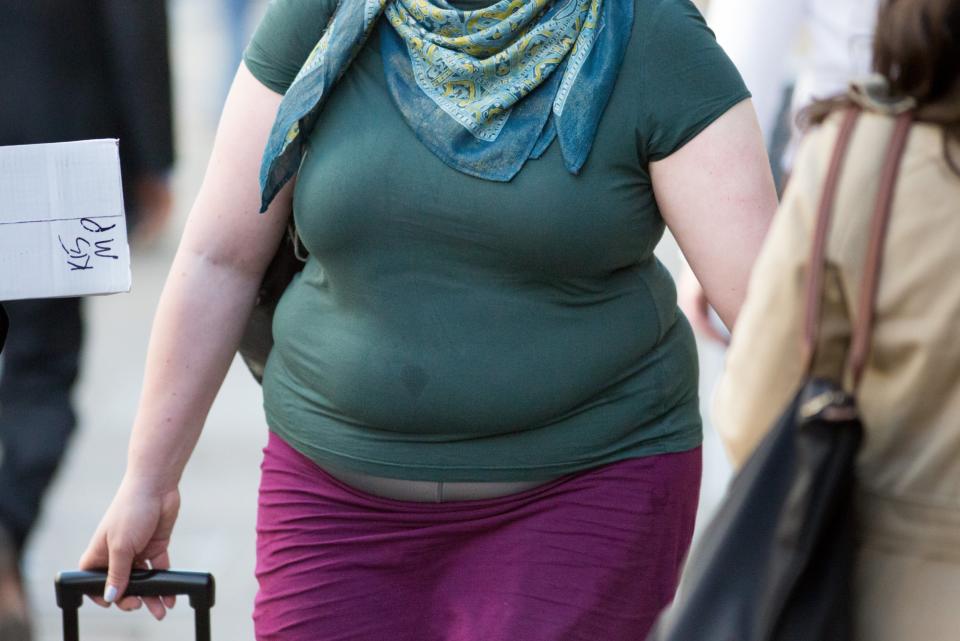Government may start offering ‘cash for exercise’ to tackle obesity epidemic

About 63 per cent of adults in England are overweight or obese
(PA)Health officials are to examine whether offering people financial rewards for exercise could help tackle the obesity epidemic in the UK.
Sir Keith Mills, who founded the Air Miles and Nectar customer loyalty programmes, is to advise the Government on how to develop a new way to use incentives and rewards to support people to eat healthy diets and do more physical activity.
Part of his work will include looking at schemes from around the world which have been successful in getting people fit and eating better.
This includes the step challenge in Singapore, a nationwide physical activity programme aimed at encouraging people to do more physical activity with financial incentives.
The Government has also announced a £100 million package to help drive down levels of obesity.
The Department of Health and Social Care is giving the NHS and councils more than £70 million for weight management services that will enable up to 700,000 adults to have access to support that could help them lose weight.
The remaining £30 million will fund initiatives to help people maintain a healthy weight, including the Better Health campaign, behavioural weight management services and upskilling health workers in “early years services”.
It comes as a report by the World Obesity Federation said hundreds of thousands of Covid-19 deaths were linked to obesity.
The report claims that around nine in 10 coronavirus deaths have occurred in countries with high obesity rates.
Being obese increases a person’s risk of dying from Covid-19 or severe disease, as well as a number of other health problems.
About 63 per cent of adults in England are overweight or obese and one in three children starting secondary school are considered overweight.
Prime Minister Boris Johnson, who has lost weight himself after becoming unwell with Covid-19, said: “Losing weight is hard, but making small changes can make a big difference.
I’ve been doing all I can to lose weight, and I'm not only fitter and healthier but also happier for it.
I'm pleased we’re investing £100 million into services to get the country healthier so we can all – quite literally – bounce back better. pic.twitter.com/twD2EYFwyR— Boris Johnson (@BorisJohnson) March 4, 2021
“Being overweight increases the risk of becoming ill with Covid.
“If we all do our bit, we can reduce our own health risks – but also help take pressure off the NHS.
“This funding will give extra support to people across the country who want to lose weight too.”
Health Secretary Matt Hancock added: “The urgency of tackling obesity has been brought to the fore by evidence of the link to an increased risk from Covid-19, so it’s vital we take action on obesity to protect the NHS and improve our nation’s health.”
Dr Alison Tedstone, chief nutritionist at Public Health England, said the investment will “greatly boost” services for adults struggling with their weight.
“Living with obesity can have a devastating impact on people’s health and wellbeing in so many ways, not least its link this year to the increased risk from Covid,” said Dr Tedstone.
Additional reporting by PA Media
Read More
Obesity ‘linked to hundreds of thousands of Covid deaths’
Vaccines tweaked for Covid variants to be fast-tracked for approval
London Covid rate down 27%... but signs disease may have plateaued

 Yahoo Finance
Yahoo Finance 